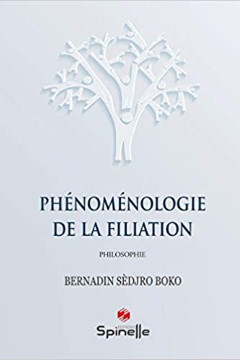Repository | Journal | Volume | Articles

(2005) Phenomenology and the Cognitive Sciences 4 (2).
The duality of non-conceptual content in Husserl's phenomenology of perception
Michael K Shim
pp. 209-229
Recently, a number of epistemologists have argued that there are no non-conceptual elements in representational content. On their view, the only sort of non-conceptual elements are components of sub-personal organic hardware that, because they enjoy no veridical role, must be construed epistemologically irrelevant. By reviewing a 35-year-old debate initiated by Dagfinn Følledal, I believe Husserlian phenomenology can be updated to offer an important contribution to this discussion. On my interpretation, what Husserl calls "hyletic data" may be read as that subjective quality of experience inarticulable as a propositional attitude – and, thus, hyletic data are non-conceptual. In anticipation of the recent conceptualist position, Føllesdal and his adherents argued that what Husserl had called "noema" or representational content is, however, entirely conceptual. A closer inspection of the relevant texts, however, reveals that Husserl admits non-conceptual elements into his characterization of the noema. If that is correct, then Husserl must have been a dualist about non-conceptual content. In turn, I believe what explains this dualism is a non-foundationalist reconstruction of Husserl's phenomenological reduction.
Publication details
DOI: 10.1007/s11097-005-5851-7
Full citation:
Shim, (2005). The duality of non-conceptual content in Husserl's phenomenology of perception. Phenomenology and the Cognitive Sciences 4 (2), pp. 209-229.



